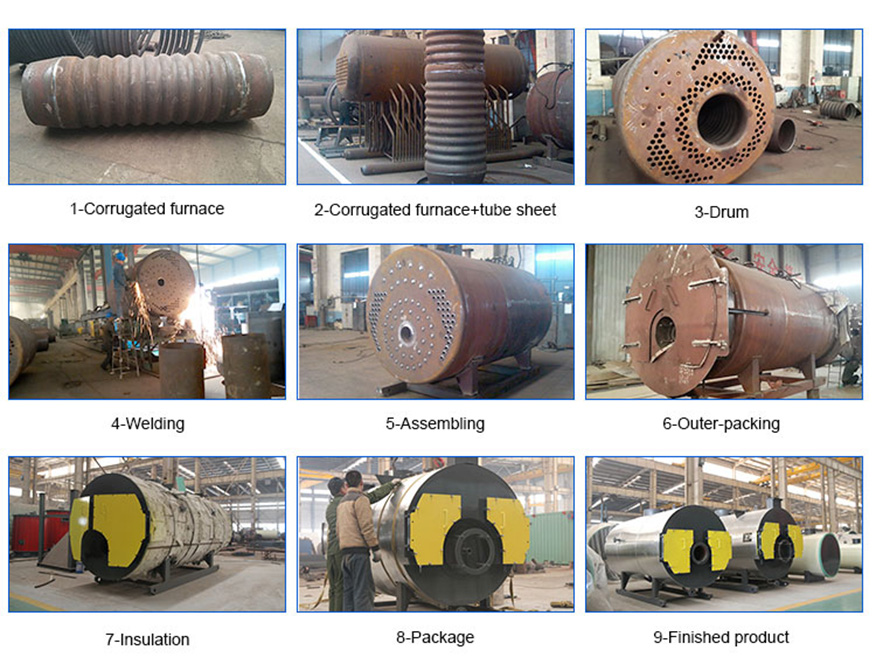How Long Does a Boiler Last?
After a seemingly mild December, winter has finally arrived here in Plainville and all around Central Connecticut, making its presence known. If you rely on a boiler to keep your home warm, you’re well aware of the comfort it brings with its consistent and efficient heating capabilities.
With regular professional boiler maintenance from our skilled service technicians at Tower Energy, your boiler can endure for a long time. Trust in our expertise to ensure optimal performance and longevity of your heating system.
We have compiled a comprehensive guide on boilers to help you gain a better understanding of your home’s heating system.
Is there a difference between a boiler and a furnace?
Often, when discussing their heating system, people refer to it as a furnace, even if that may not be the case.
Boilers and furnaces share a common goal: to keep your home warm. However, they employ distinct methods to achieve this objective.
If you’re unsure whether you’re dealing with a boiler or a furnace, it’s actually quite easy to distinguish between the two. Simply look for the presence of radiators or vents within the home. If you see radiators or baseboards, it means the home is equipped with a boiler. On the other hand, if you spot vents, it means a furnace is used for heating.
What is a boiler and how does it work?
A boiler is a form of heating system referred to as hydronic heating. This method involves the movement of heat by circulating water or steam through a closed network of pipes. Within your household, the boiler employs hot water or steam to deliver comforting warmth.
A hot water boiler employs fuel combustion to heat water, which is subsequently circulated through pipes to different hydronic devices like baseboards, radiators, or in-floor radiant tubing throughout your home. Subsequently, the water returns to the unit and the cycle repeats, ensuring a continuous supply of warmth and comfort.
When it comes to a steam boiler, the process follows a similar pattern. However, in this case, the water undergoes a metamorphosis, transforming into steam before it circulates throughout your home.
When it comes to choosing a boiler for residential use, there are several factors to consider. Boilers provide numerous benefits, such as their quiet operation that doesn’t require fans or blowers. This not only prevents the circulation of dust, dirt, or allergens in the air, but also proves advantageous for individuals with allergies or respiratory issues.
Unlike the circulating heated air from furnaces, the heat emitted by boilers is not dry. As a result, it does not contribute to dry skin and hair.
What is a boiler’s life expectancy?
Boilers generally have a lifespan of 15 to 20 years. If your boiler has reached the 15-year mark or beyond, it would be prudent to consider a replacement, especially if you observe any indications of its deteriorating condition.

Below are indications that it may be prudent to begin considering replacing your boiler sooner rather than later.
- Higher energy usage and bills during heating season
- Frequent breakdowns and the repair bills that come with them
- If the cost of a repair is more than 50% the cost of replacing the boiler
- If an oil-fired furnace produces black soot
- If a gas-fired furnace produces a yellow or orange flame instead of blue
- Uneven or poor heating
With expert installation, maintenance, and repair services from Tower Energy, you know that your home’s boiler is in good hands! Contact us today for service.
-
Top Electric Steam Boiler Manufacturers – Efficient Industrial SolutionsNewsJul.29,2025
-
Top Electric Steam Boiler Manufacturers | Reliable Industrial SolutionsNewsJul.29,2025
-
OEM Steam Boiler Solutions for Custom Needs | High Efficiency & VersatilityNewsJul.29,2025
-
High-Efficiency Thermal Oil Boiler for Industrial Heating SolutionsNewsJul.29,2025
-
Top Electric Steam Boiler Manufacturers for Industrial EfficiencyNewsJul.28,2025
-
Top Electric Steam Boiler Manufacturers | Industrial Solutions & CustomizationNewsJul.27,2025

